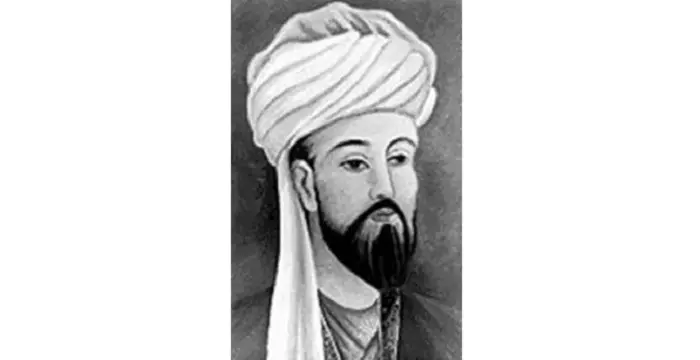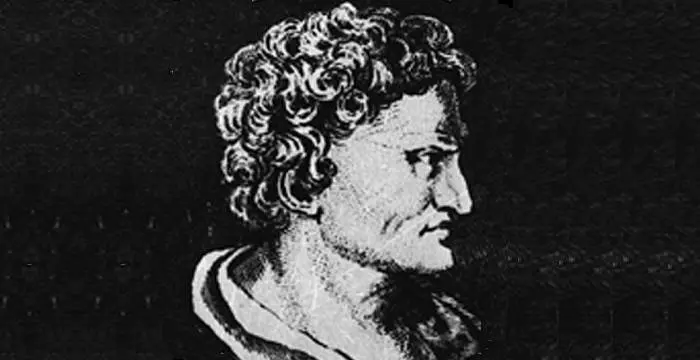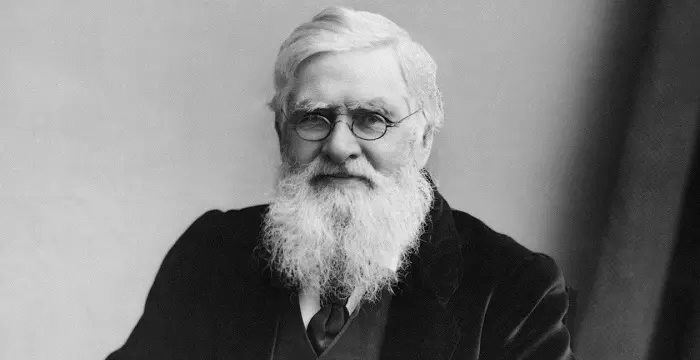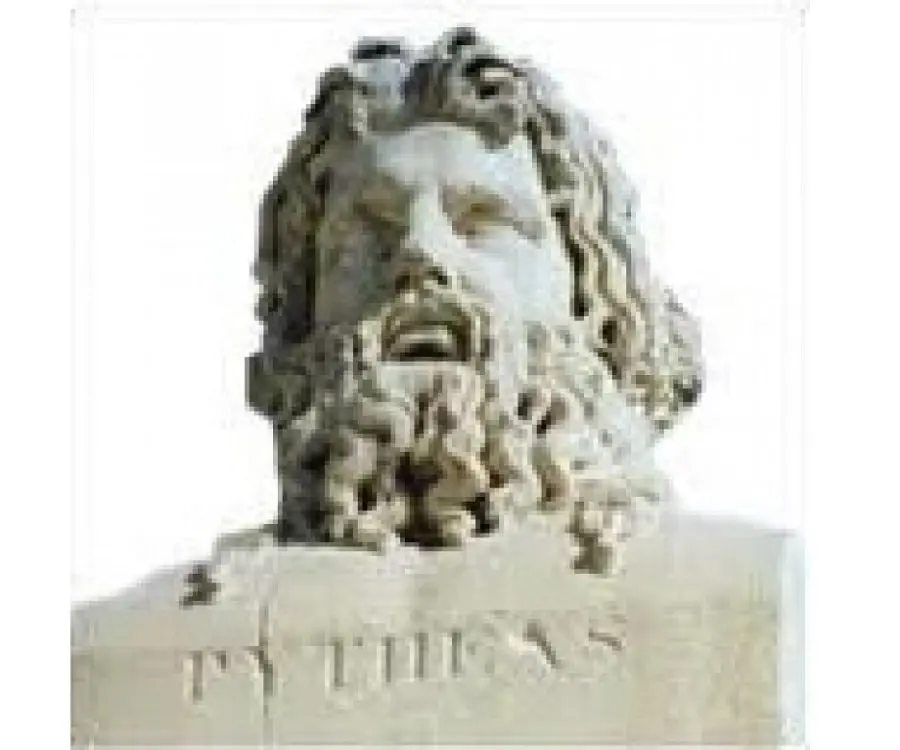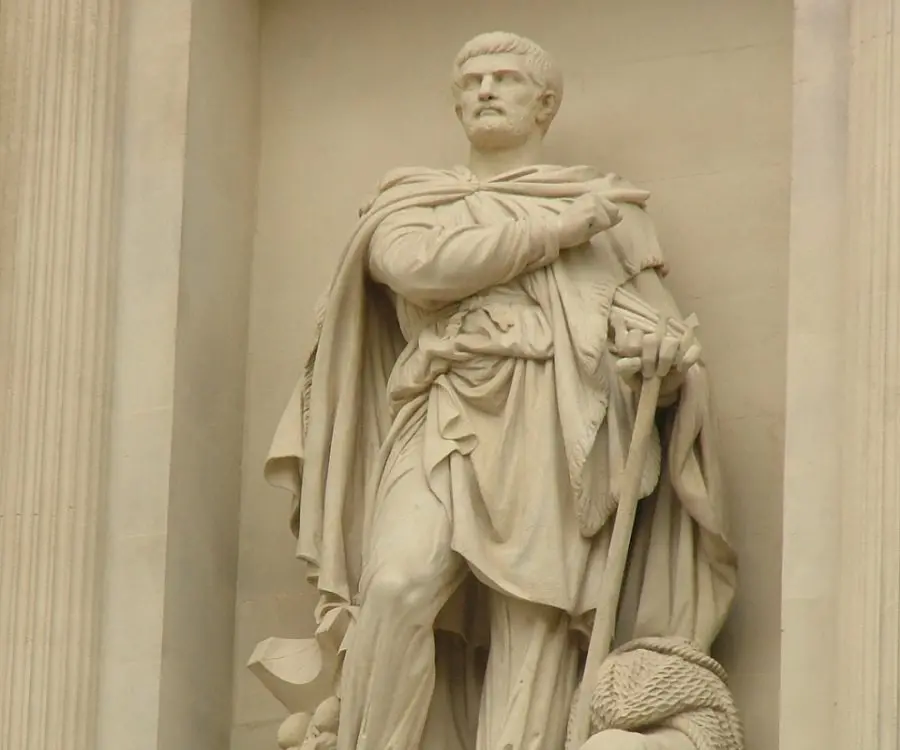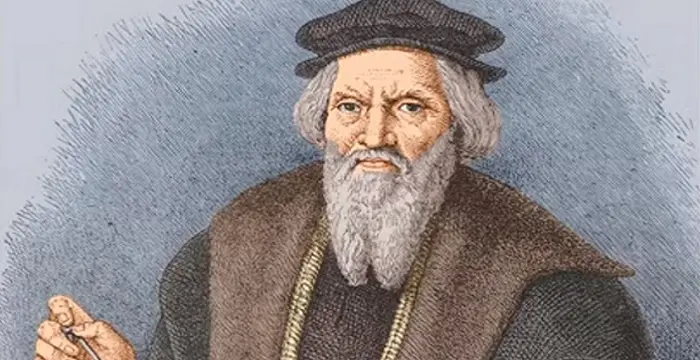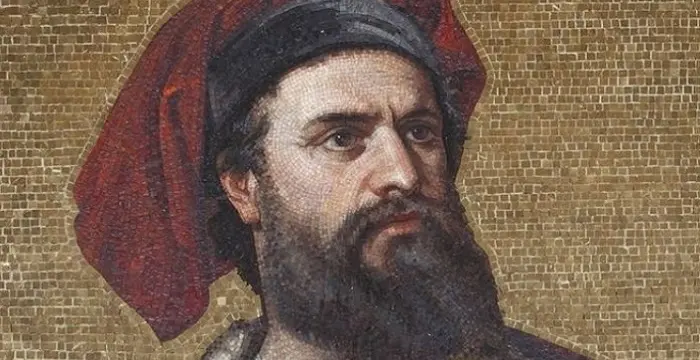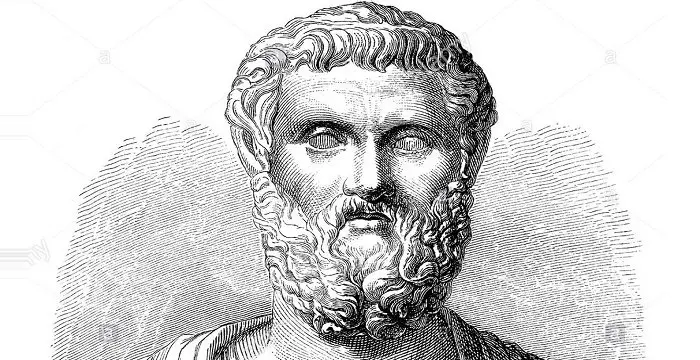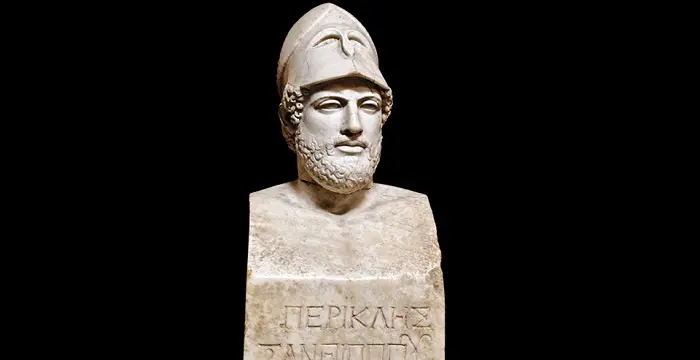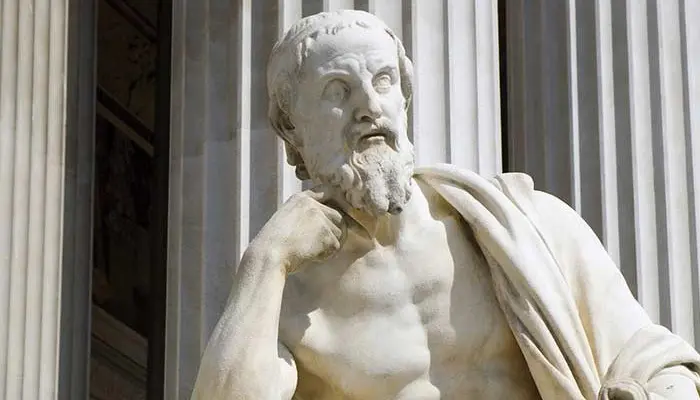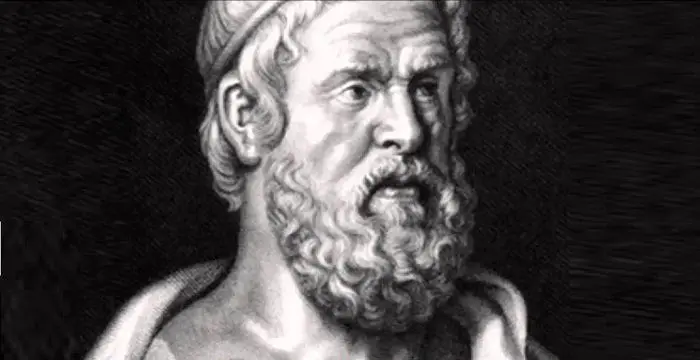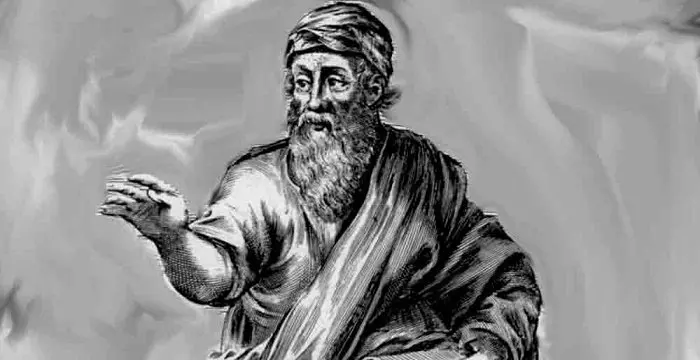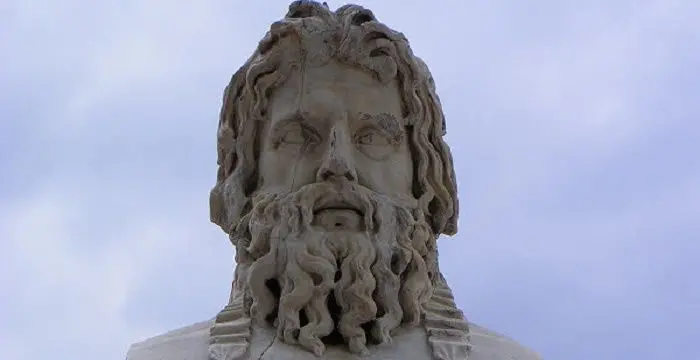
Pytheas - Explorers, Life Achievements and Childhood
Pytheas's Personal Details
Pytheas was a Greek geographer and explorer from the Greek colony of Massalia
| Information | Detail |
|---|---|
| Birthday | 350 BC |
| Nationality | Greek |
| Famous | Intellectuals & Academics, Geographers, Explorers |
| Birth Place | Marseille, France |
| Gender | Male |
| Born in | Marseille, France |
| Famous as | Geographer, Explorer |
| Died at Age | 65 |
// Famous Geographers
Jabir Ibn Hayyan
Jabir Ibn Hayyan was a medieval era polymath. Check out this biography to know about his life, works and achievements.
Hipparchus
Hipparchus was a Greek astronomer and mathematician. This biography profiles his childhood, life, achievements and timeline.
Alfred Russel Wallace
Alfred Russel Wallace was a British scientist and explorer, best known for discovering the concept of evolution by natural selection. This biography of Alfred Wallace provides information about his childhood, life, achievements, works & timeline.
Pytheas's photo
Who is Pytheas?
Pytheas was a Greek geographer and explorer from the Greek colony of Massalia (modern-day Marseille). He made a voyage to northwestern Europe in about 325 BC and traveled all the way around Great Britain. He wrote the first account of Scandinavia, but his description of it has not survived. He is often referred to as the first known explorer in the modern sense of the word. Pytheas was known to have visited the Arctic, polar ice, and the Germanic tribes, and is the first person on record to do so. Born in Massalia, he was commissioned by merchants in his native city to find a route to the tin mines of southern Britain, where the trade was controlled by the Carthaginians. The Greeks looked to break the monopoly and thus sought a reliable route to the tin mines. Pytheas successfully circumnavigated a considerable portion of Great Britain and described the land in his now-lost memoir. In this works, he also described another land called the "Island of Thule." Now often considered to be an island in antiquity, Thule was sometimes identified as Iceland or Greenland, giving rise to the belief that Pytheas might have reached as far as Iceland. As astute astronomer, he was among the first ones to have suggested that the tides are affected by the moon.
// Famous Explorers
John Cabot
John Cabot was an Italian navigator and explorer who was the first European to discover the coast of North America. Check out this biography to know about his childhood, life, and achievements.
Marco Polo
Marco Polo was the legendary Italian merchant, explorer and traveler, who travelled to China and worked under emperor, Kublai Khan. Read this biography to learn more about his profile, childhood, life and timeline.
Bear Grylls
Bear Grylls is an adventurer popularly known for his bizarre survival tactics in reality television series Man vs. Wild. This biography provides detailed information about his childhood, profile, career and timeline.
Childhood & Early Life
Pytheas was born in the Greek colony of Massalia on the south coast of France (now called Marseilles). The exact year of his birth or the details about his family are not known. Some sources suggest that he was born around 350 BC while others state that he was born circa 380 BC.
Later Life
It is not known how exactly Pytheas’ voyages began. It is believed that he was sent on his voyages by merchants in his native city to find a route to the tin mines of southern Britain which were the source of that valuable metal for all of Europe and the Mediterranean.
The trade in tin was fully controlled by the Carthaginians (from the city of Carthage in present-day Tunisia), who had closed the Strait of Gibraltar—the exit from the Mediterranean into the Atlantic—to all ships from other nations. The Greeks wanted to break their monopoly by finding an alternative route to the mines.
Pytheas began his voyage during the second half of the 4th century BC. Since the Strait of Gibraltar was blocked, he probably travelled overland or went on his voyage during a time when the Carthaginians were engaged in a war with Syracuse in Sicily (310-306 BC). It is not known exactly how, but he successfully made his way to the port of Corbilo at the mouth of the Loire River.
From there he probably followed the European shoreline to the tip of Brittany and sailed from there to Belerium (Land's End) in Cornwall, the southwestern tip of Britain where the tin mines were located.
He maintained a detailed record of his travels in which he claimed to have explored a large part of Britain on foot. He accurately estimated its circumference at 4,000 miles (6,400 km). In his accounts he also wrote about how the inhabitants of Belerium extracted tin from the mines and how they engaged in trade.
Continuing his voyage, he set sail from Cornwall and sailed through the Irish Sea between Britain and Ireland to reach the northern tip of Scotland. Over the course of his travels he may have even reached the mouth of the Vistula River on the Baltic Sea. Pytheas described another land beyond northern Scotland: "Island of Thule."
It is not clear if Pytheas actually visited Thule or merely described it on the basis of what he had heard. Based on his descriptions of the land, it is assumed that Thule was probably Norway in the present region of the city of Trondheim, although other locations have also been suggested.
Eventually he sailed back to Britain, and crossed the North Sea to the North Frisian Islands off the coast of Germany. He also explored the island of Heligoland, which he called Abalus. Finally he sailed back along the coast of Europe and returned home.
Major Works
Pytheas made the earliest recorded voyage to Britain, the Baltic, and the Arctic Circle. He described his travels in the memoir ‘Periplus’ which was widely known in antiquity. On his historical voyage, he circumnavigated and visited a considerable part of Great Britain, and accurately estimated its circumference at 4,000 miles (6,400 km).
He was the first known person to describe the Midnight Sun, and also the first person to associate the tides to the phases of the moon. He was possibly the only source of information on the North Sea and the subarctic regions of Western Europe to later periods.
Personal Life & Legacy
Details regarding his personal life are not clear. Even the date of his death is shrouded in ambiguity. He is believed to have died around 300 BC or 285 BC.
// Famous Intellectuals & Academics
Bertil Gotthard Ohlin
Bertil Gotthard Ohlin was a famous Swedish economist. This biography profiles his childhood, family life & achievements.
Emily Greene Balch
Emily Greene Balch was an American economist, sociologist and pacifist who won the 1946 Nobel Peace Prize. This biography of Emily Greene Balch provides detailed information about her childhood, life, achievements, works & timeline.
Martin Buber
One of the greatest philosophers to have ever walked on earth, Martin Buber contributions to philosophy is a long-standing one. Explore all about his profile, childhood, life and timeline here.
Pytheas biography timelines
- // 350 BCPytheas was born in the Greek colony of Massalia on the south coast of France (now called Marseilles). The exact year of his birth or the details about his family are not known. Some sources suggest that he was born around 350 BC while others state that he was born circa 380 BC.
- // 300 BC To 285 BCDetails regarding his personal life are not clear. Even the date of his death is shrouded in ambiguity. He is believed to have died around 300 BC or 285 BC.
// Famous Greek peoples
Solon
Solon was an Athenian lawmaker, poet and politician. He is considered as one of the ‘Seven Wise Men’ in Greek culture. This biography provides detailed information about his childhood, life, career, works, achievements and timeline.
Pericles
Pericles was an important Greek statesman, orator, patron of the arts, politician, and general of Athens who lived from 495–429 B.C. Check out this biography to know about his childhood, life, achievements, works & timeline.
Herodotus
Herodotus was a Greek historian widely referred to as 'The Father of History'. This biography of Herodotus provides detailed information about his childhood, life, achievements, works & timeline.
Aeschylus
Aeschylus was an eminent Greek tragedian. Go through this biography to know in details about his childhood, life, profile, and timeline.
Pythagoras
Pythagoras of Samos was a Greek mathematician and philosopher. Read on to learn more about Pythagoras’s profile, childhood, life and timeline.
Hipparchus
Hipparchus was a Greek astronomer and mathematician. This biography profiles his childhood, life, achievements and timeline.
Pytheas's FAQ
When was Pytheas died?
Pytheas was died at 2020-04-14
Which age was Pytheas died?
Pytheas was died at age 65
Where is Pytheas's birth place?
Pytheas was born in Marseille, France
What is Pytheas nationalities?
Pytheas's nationalities is Greek
How famous is Pytheas?
Pytheas is famouse as Geographer, Explorer
